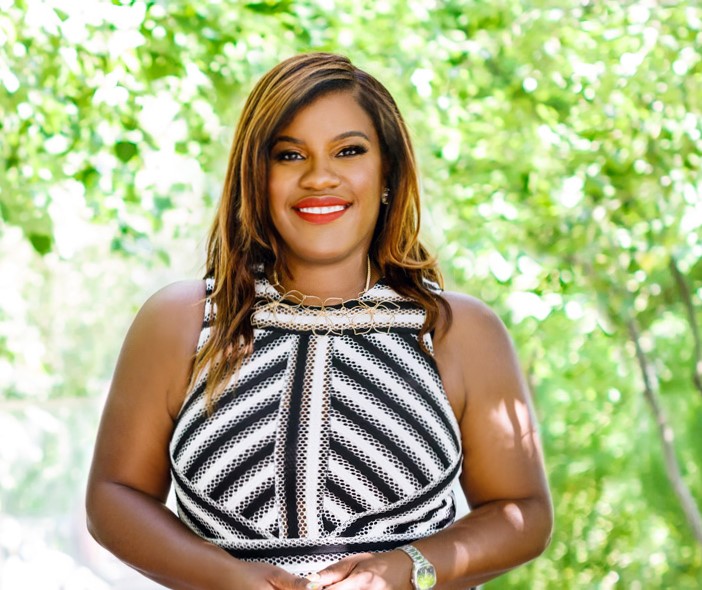Rock It! How to Be a Great Fundraiser and a Great Manager at the Same Time
July 19, 2017
 As a fundraiser, you have a lot of expectations set upon you to meet certain goals every month. Add in being a manager and/or team leader, and sometimes those expectations can become overwhelming. We recently had a chance to chat with Kishshana Palmer about managing your career, team and life balance, which was the subject of her July 2017 webinar.
As a fundraiser, you have a lot of expectations set upon you to meet certain goals every month. Add in being a manager and/or team leader, and sometimes those expectations can become overwhelming. We recently had a chance to chat with Kishshana Palmer about managing your career, team and life balance, which was the subject of her July 2017 webinar.
Q. Is having to balance fundraising and managing mostly a small shop problem, or do you find it in large shops as well?
A. I find that this is a problem in both small and large shops. It's typically a combination of a few things—lack of bandwidth, not enough time to mentor and/or guide professional development, and dealing with the tyranny of the urgent. There is also the challenge of the elephant in the room—not being a great manager—and either being aware of that and doing nothing about it, or being aware of it and not doing anything about it.
Q. How important is it to assign individual goals vs. having team goals?
A. It's critically important to have individual goals and team goals. Goals make it crystal clear what staff members should accomplish in their role over a specific time period. Goals define how much an individual needs to do in order to be successful. It also establishes accountability for the individual beyond the team.
Q. How do you factor in turnover? Reporting suggests that the average tenure for a development officer is usually less than two years.
A. I think it starts with clearly defining the role. Often, job descriptions are a running list of tasks and don't clearly articulate the core competencies needed for the role. When thinking about hiring, it's important to factor in both the tools the development professional will need (and what you have), as well the time you will be able to spend creating the conditions for them to be successful. I think you can create a robust role, and in looking at that role, ask some critical questions that can help you determine the "burnout rate" of the role. For example, how long will a professional last in that role if they are successful? What about if they are not as successful?
Q. What is your favorite team-building activity?
A. I actually have two favorite team-building activities. The first is to do is a combination of exploring the 5 love languages (which I have done over the last 7 or so years). Learning about how team members feel appreciated at work has been a critical component of building a high performing team because I'm able to set high standards, create loyalty and personal accountability while supporting who they are as individuals. The second is an exercise where we practice storytelling through music and learn about our work styles through our musical choices. This allows each of us to share non-verbal communication cues that speak to our personalities, moods and preferences.
Q. You’re balancing a lot yourself: running your own company, speaking engagements, presenting this webinar. When you find things are getting overwhelming, what’s one quick thing you do to regain balance?
A. You are so right! Some days it's really thrilling, but some days I want to run and hide! I have a pretty intentional prayer life, so stopping to give thanks and stepping away to travel and recharge (even if it's just for a long weekend) is one quick thing I do to regain balance. I really encourage professionals to seek small but powerful ways to seek balance, whether it’s a monthly massage, a daily walk, dinner time without technology with the family. You need something that can bring you back to center.
To find out more about how you can balance your personal goals while managing your team, tune in to Kishshana’s archived webinar, Rock It! How to Be a Great Fundraiser and a Great Manager at the Same Time.



